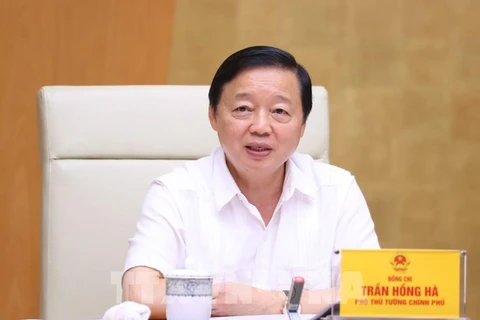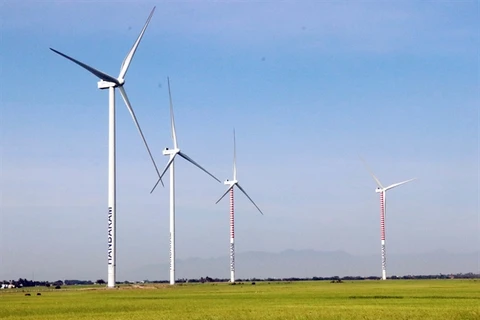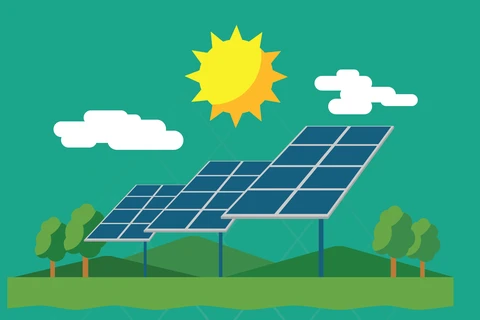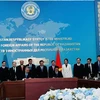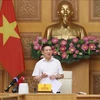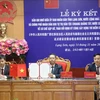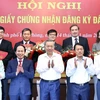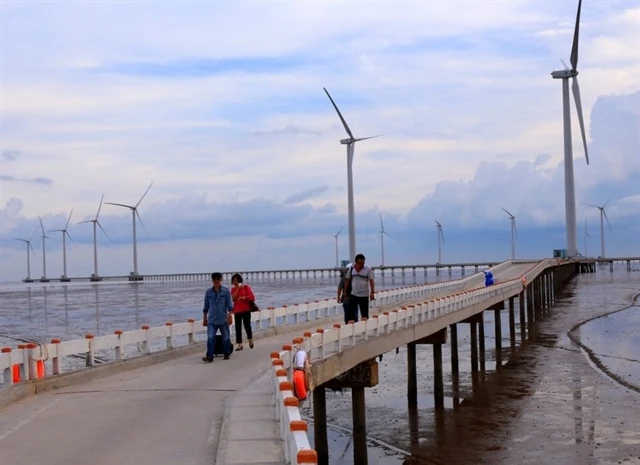
Hanoi (VNS/VNA) - Deputy Prime Minister Tran Hong Ha has signed off a development plan for the Mekong Delta province of Bac Lieu that will cost 16-18 billion USD from now until 2030.
The plan includes two main projects, which are to establish Bac Lieu as the country's renewable energy export hub and to develop the city and neighbouring areas into a national tourism zone.
Decision 968 detailed a master plan to develop the province during the 2021-30 period and until 2050, in line with the Prime Minister’s Decision 1598 from 2023.
It is estimated to cost around 400-450 trillion VND (16-18 billion USD) for the 2021-30 period, to achieve an annual average gross regional domestic product (GDPR) growth rate of 11.5%.
Of this, the capital requirement for the 2021-25 period is 180-190,000 trillion VND (7.3-7.7 billion USD) and for the 2026-30 period it is 220-260 trillion VND (8.9-10.6 billion USD).
The plan will be carried out mainly under the public-private-partnership mechanism (PPP), but foreign investments will also be welcome.
Priority will be given to infrastructure projects with significant impacts, especially strategic ones that connect different areas together and connect the locality with other provinces in the region.
They include highways and coastal roads that run through Bac Lieu, as well as those that connect it with the coastal economic corridor from Long An to Kien Giang.
Projects that will be prioritised for investment are in the fields of renewable energy, new energy, agricultural and fishery processing and consumption, industrial development and digital transformation.
The plans for all of the projects will need to be reviewed carefully by 2025 to make sure they are in line with each other, according to the master plan, including urban and rural development strategies, land use and the technical and specialised plans for each field./.
